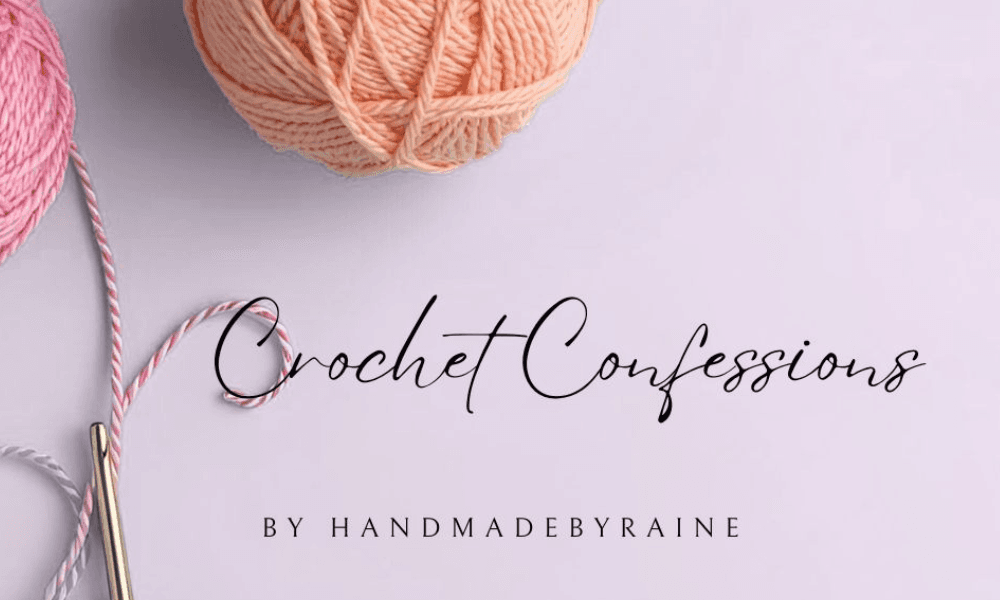Overview
This is a fashion-focused eCommerce brand that operates primarily on a dropshipping model, selling curated fashion products through a fully branded Shopify store. The business has been operational for two years and emphasizes scalable, brand-oriented growth rather than generic product listings.
The store benefits from:
A fully functional Shopify site with strong branding and high-converting UX.
Integrated marketing channels: Facebook Ads, TikTok Ads, Klaviyo Email Marketing, and SMS campaigns.
Reliable supplier network for dropshipping with minimal overhead.
Streamlined operational flow that allows management by a single person or outsourcing.
Financially, the business has shown moderate revenue and profit growth over the past 12 months, with the most recent months (June–August 2025) showing significant spikes in both revenue (€30,489–€41,306) and profit (€10,106–€12,608), suggesting effective marketing or seasonal impact.
Key Insights
Website Performance and Metrics
Website Speed: The site is built on Shopify and optimized for eCommerce, although precise speed metrics were not publicly available; Shopify typically provides a solid baseline.
Product Variation & SKUs: Product catalog is curated with a tested set of high-converting fashion items. SKU range appears moderate, with room for expansion into trending items or bundles.
AOV & Customer Lifetime Value: Average order value of €60, repeat customer rate of 7.75% suggests that customer lifetime value is currently modest but could be improved with loyalty or ambassador programs.
Website Conversion Rate: Exact conversion rates not publicly available; industry standard for fashion eCommerce 1–3% could be assumed; strong UX likely pushes it toward the higher end.
Website Design & Presentation: The store has a clean, professional design, with custom branding enhancing perceived value. Visual identity supports scalability.
Brand Positioning & Customer Sentiment: Positioned as a premium, trend-driven fashion brand. Customer sentiment appears positive, supported by social proof and reviews.
Marketing & Efficiency: Paid channels include Facebook and TikTok, with integrated email and SMS marketing. The business has recorded spikes in revenue correlating with ad campaigns, indicating effective acquisition strategies.
Customer Acquisition Cost & Scalability: Exact CAC not disclosed; ad account data exists to model efficiency. Current operations suggest significant room for scaling through both paid and organic channels.
Product Offering & Marketing Angle: Fashion-focused dropshipping products marketed as aspirational and trend-driven. Opportunity exists for repositioning via local markets (EU expansion) or influencer partnerships.
Financials
This has demonstrated moderate revenue and profit growth over the past year, though with noticeable fluctuations in monthly performance. In the earlier months (September 2024 through January 2025), revenue was relatively low, ranging from €29 in January to €1,304 in September, with corresponding profits largely minimal due to the low sales volume. Starting in February 2025, revenue began to pick up, with €2,538 generated in the month, translating into a profit of €488.
Growth accelerated through March and April 2025, with revenues of €5,704 and €3,740, and profits of €1,534 and €1,667 respectively. May 2025 saw further improvement, reaching €7,515 in revenue and €2,153 in profit. The most substantial gains occurred in the summer months: June 2025 posted €30,489 in revenue with €10,756 profit, July 2025 reached €40,760 revenue and €12,608 profit, and August 2025 recorded €41,306 revenue and €10,106 profit.
These figures reflect a profit margin of approximately 31%, indicating that the business is generating healthy returns relative to its revenue. The revenue multiple is 0.4x, while the profit multiple is 1.2x, suggesting that the current listing may present an opportunity for value capture, especially if growth can be maintained and retention strategies are optimized.
Revenue Multiple: 0.4x
Profit Multiple: 1.2x
Profit Margin: ~31%
The multiples indicate a relatively low valuation compared to revenue and profit potential, suggesting a potential opportunity for growth-focused buyers.
Marketing (Paid & Organic)
Paid ads on Facebook and TikTok have been the primary revenue drivers, with proven ad history.
Email and SMS marketing list is moderately sized (~12,491 subscribers), which could be leveraged for retention campaigns and repeat sales.
Organic growth appears limited, suggesting untapped potential in SEO, influencer partnerships, and social media content.
Operational Efficiency
Fulfillment fully managed through dropshipping suppliers; minimal overhead.
Single-person operation possible, enabling low operational costs.
Smooth workflow from ad → product → fulfillment; scalable with automation and outsourced support.
Customer Data & Relationships
Email list of ~12,500 subscribers; opportunity to increase retention via loyalty programs.
Returning customer rate low at 7.75%, signaling opportunity to improve lifetime value through engagement, rewards, and re-marketing.
Legal & Compliance Due Diligence
No public evidence of IP disputes or compliance issues.
Business operates under German jurisdiction; dropshipping model carries standard EU eCommerce compliance obligations (data privacy, product safety).
Verify trademarks, supplier contracts, and ad account ownership during acquisition.
Challenges Identified
Volatility in Monthly Revenue: Significant fluctuation in monthly revenue and profit, indicating dependency on marketing spend or seasonal trends.
Low Repeat Customer Rate: 7.75% returning customers; retention strategies are underdeveloped.
Limited Product Diversification: Catalog relies on a tested but narrow set of SKUs. Adding trending items or complementary products could increase revenue.
Customer Acquisition Cost Unknown: Without clear CAC, scalability is partially uncertain.
Limited Organic Reach: Heavy reliance on paid channels; growth potential in organic marketing untapped.
Data Gaps: Revenue and profit for the most recent months are clear, but full historical financials are required. Communication with the seller needed to understand past performance, marketing strategy, and reason for sale.
Recommendation
The business represents a scalable fashion eCommerce asset with a tested brand, strong UX, and integrated marketing channels. Key areas to unlock further value include:
Expanding product catalog to include trending items or bundles.
Developing retention-focused programs (loyalty, ambassador, and referral schemes).
Enhancing organic marketing channels to reduce dependency on paid ads.
Exploring EU market expansion for growth and diversification.
Engaging with the seller to gather full financials, CAC data, marketing insights, and rationale for sale.
The current multiples (Revenue 0.4x; Profit 1.2x) suggest acquisition could offer significant upside if growth and retention initiatives are implemented.
Conclusion
The business is a solid eCommerce brand with a strong foundation and potential for rapid growth under active management and marketing optimization. Its streamlined dropshipping model, professional branding, and integrated marketing infrastructure make it an attractive acquisition for investors seeking a manageable yet scalable online fashion business.
However, careful diligence is required to verify: historical revenue/profit consistency, customer acquisition strategies, and reasons for sale. Addressing low retention and organic marketing gaps will be crucial to maximizing ROI.
Next Steps:
Request complete financial history for the past 12–24 months.
Confirm CAC and ad account performance metrics.
Discuss marketing strategies and seller’s rationale for selling.
Evaluate expansion potential in additional EU markets and product diversification.



















